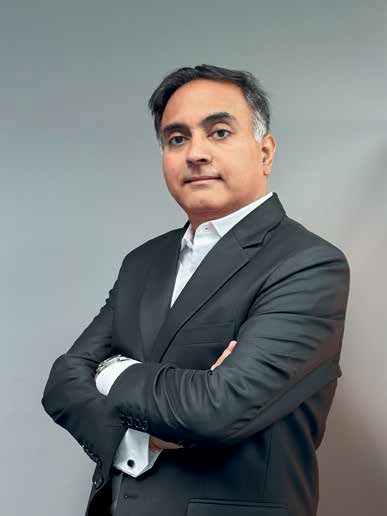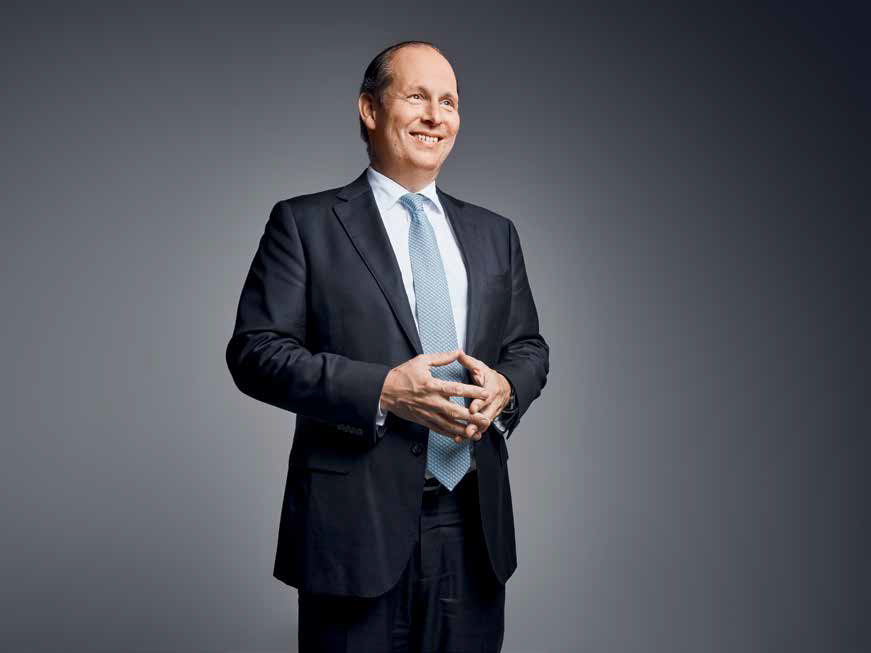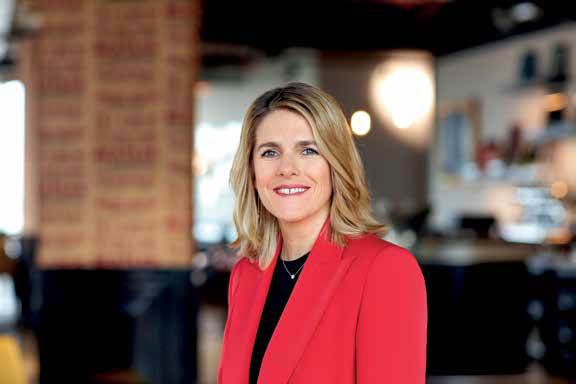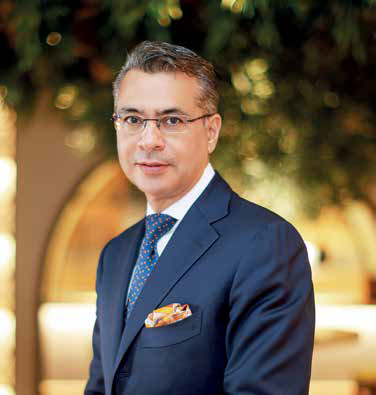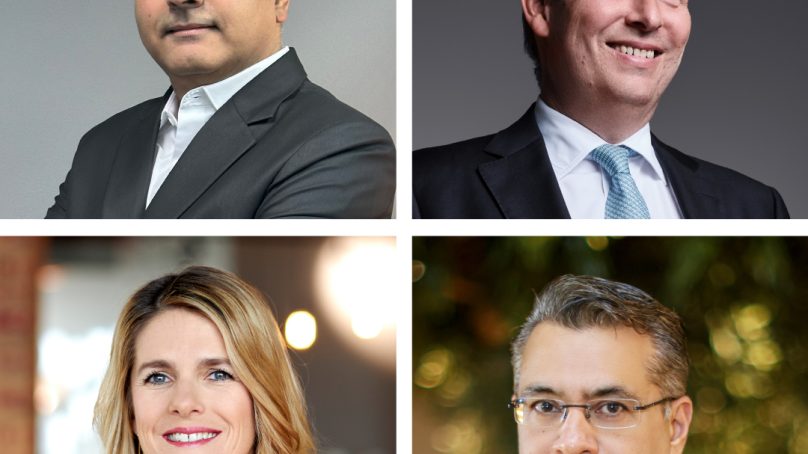
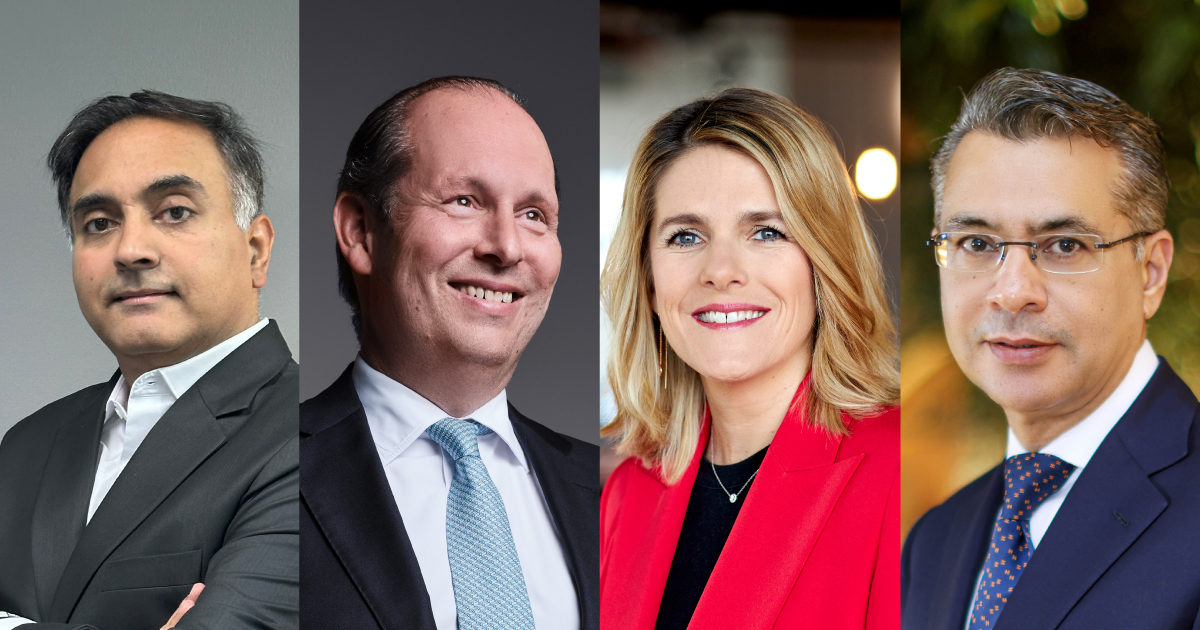
Bespoke and tailored offerings
Investments in luxury travel and hotels are driven by a number of factors. Economic stability in key markets, along with rising disposable incomes in emerging economies, means more people can afford luxury experiences. Enhanced travel infrastructure and technology make it easier for travelers to access remote destinations, sparking interest. There’s also a shift toward personalized, experiential travel – people want bespoke offerings, tailored to their tastes. Social media and influencers drive demand for unique, high-end experiences. Lastly, there’s a growing focus on wellness and sustainability, attracting travelers seeking rejuvenation and eco-friendly luxury options.
Diverse funding options
In the Middle East, several financing sources are available for luxury hospitality and travel projects. Private equity and venture capital firms often invest in high-growth luxury ventures due to their strong return potential. Real Estate Investment Trusts (REITs) focus on hospitality properties, pooling funds from multiple investors. Sovereign wealth funds and development finance institutions provide backing, especially for projects aligning with national goals. Traditional bank loans are widely used and Islamic finance offers Sharia-compliant options like Sukuk and Murabaha. Family offices, joint ventures, government grants, environmental, social and governance (ESG) funding, and crowdfunding are also valuable sources, depending on the project’s focus.
Evaluating market trends and growth potential
When evaluating the luxury hospitality and travel industry in the Middle East, we focus on multiple key factors. First, we examine market trends and growth potential, including demand, supply dynamics, visitor statistics and emerging markets. Economic and political stability are crucial, along with the level of investment and development activity. We also look at consumer preferences and the competitive landscape to understand market positioning. Regulatory and environmental factors, such as sustainability initiatives, are increasingly significant. Technological innovations are driving the industry forward by improving customer experience and service quality. Overall, these elements collectively shape the future of the industry.
Memorable, experiential travel
Several exciting areas stand out when it comes to opportunities for investors in the luxury travel and hotel sectors. Unique and experiential travel offers high returns by providing tailored, memorable experiences. The gaming and entertainment sector is also promising, appealing to affluent guests seeking immersive activities. There’s growing interest in sustainable luxury, reflecting the industry’s move toward environmental responsibility. Luxury mixed-use developments, combining accommodations with residential and commercial spaces, offer diverse revenue opportunities. Additionally, exclusive cruise and yacht experiences, and boutique properties like palaces, attract discerning travelers seeking distinctive, high-end stays.
Financing partnerships on the rise Sovereign
Wealth Funds, such as the Abu Dhabi Investment Authority (ADIA), the Public Investment Fund (PIF) of Saudi Arabia and the Qatar Investment Authority (QIA) are major players in funding luxury hospitality projects, but there is a growing trend for these funds to partner with international investors and hotel brands to leverage expertise and share risks. REITs have become more popular as a financing tool for luxury hospitality projects in the Middle East, as they enable smaller investors to gain exposure to the luxury hospitality market and offer liquidity and flexibility to operators and developers to pursue their projects. Private equity firms and venture capitalists are also increasingly interested in the luxury hospitality sector, particularly in projects that offer strong returns and growth potential. There is a focus on financing innovative hospitality concepts that cater to changing consumer preferences, such as wellness resorts and eco-friendly hotels.
A strong regional luxury proposition
The luxury hospitality and travel industry in the Middle East is expanding at pace and is proving to be an important and growing contributor to the economy. In 2023, the UAE’s travel and tourism sector contributed AED 220 billion to GDP, representing 11.7 percent of the entire economy and a 15-percent increase on the contribution in 2019, which was already a record year. The Middle East has a strong proposition. It offers diversity and is further expanding its pipeline of destinations with new experiential, cultural, lifestyle and well-being developments. This growth is supported by a growing number of resident high-net-worth individuals and its strategic location between Europe and Asia, which draws many transiting travelers. Visionary projects, like Saudi Arabia’s The Red Sea Development, and high-profile events, such as Expo 2020, the F1 Grand Prix and the FIFA World Cup, continue to showcase the region’s commitment to delivering exceptional and unique experiences, attracting high-spending visitors.
Promising long-term growth prospects
Investing in luxury properties that emphasize unique experiences and sustainability taps into the increasing demand for responsible and experiential travel, providing strong, long-term growth prospects for investors. High-growth markets, particularly in emerging regions like the Middle East,
hold significant potential for investors, where demand for luxury and personalized experiences is growing. With the rising interest in longevity, work-life balance and personalized care, health-focused retreats and wellbeing resorts are also becoming increasingly popular. Additionally, the region is increasingly engaging in high-profile collaborations in culture, art and entertainment, opening up new avenues for investors to explore and further enhancing the destination’s appeal.
Evolving beyond room stays
From an economic perspective, the excellent performances of the sector over the last two years have reinforced the confidence of investors in the luxury travel sector, especially in the Middle East, where luxury hotels have reached worldwide record performances. Combined with stabilizing interest rates and capital availability across most markets, there is renewed appetite and enthusiasm among private equity for transactions and conversions of commercial real estate. The easing of visa procedures for many countries and continued substantial investment in infrastructures are also driving factors.
At the same time, luxury hospitality has evolved beyond room stays into the more compelling return-on-investment (ROI) case of multi-layered hospitality experiences.
Dynamic shifts in travel preferences
Luxury hospitality continues to thrive in the Middle East, which benefits from strong travel-consumer demand and unrivaled tourism ambition from countries deploying new infrastructure and favoring tourism development. Globally, we are seeing dynamic shifts in travel preferences and consumer needs, such as growing interest in sustainable travel, family-friendly all-inclusive experiences, bleisure and staycations. Accor has built deep roots throughout the Middle East, especially in Saudi Arabia, the UAE, Qatar and Egypt. Today, the Middle East is a land of innovations with many flagships for our brands and expertise. While maintaining our position in Egypt in the family-friendly all-inclusive segment, with the latest addition of Rixos Radamis, which opened early 2024, we are now expanding in this segment in Saudi Arabia and further increasing our footprint in the UAE. In response to growing demand for sustainable travel in the region, we are developing luxury eco-resorts and lodges, as well as immersive cultural experiences, under the Mantis brand, which focuses on conservation and eco-tourism. Upcoming openings include the Hawar Resort by Mantis in Bahrain, Mantis Al Baha in Saudi Arabia and Mantis Saij Mountain Lodge in the UAE. Moreover, the bleisure and staycation trends have further elevated demand for our resort properties. These offer luxurious facilities, while being easily accessible from central business districts, making them ideal for blending business and leisure travel.
Multi-faceted stays
We see a vast opportunity for mixed-use developments that incorporate branded residences, as well as opportunities with co-working partners and collaborations with high-profile restaurateurs, wellness facilities and more. Accor is continuing to push boundaries in eco-responsible hospitality. Along with exclusive tented camps, conservation-led projects, all-inclusive resorts, extended-stay and branded residences, we are eager to continue shaping the hospitality industry throughout the Middle East with innovative, multi-faceted hospitality experiences.
Meeting new consumer preferences
As a company, we’re doubling down on luxury. We have seen strong luxury travel demand as a result of a growing middle class and rise in worldwide wealth. Research shows that travelers in the region continue to spend more on travel and we continue to focus on capturing these affluent consumers in our system. We continue to see strong opportunities to expand our portfolio and want to grow where luxury is growing. As a consequence, we are always looking for the right opportunities for each individual brand. Marriott’s scale and breadth of distribution allows us to quickly identify and respond to trends taking shape across travel, creating an edge at a time when consumer habits, demands and desires are changing with unprecedented speed.
Making it personal
Marriott International is established as one of the innovative leaders in luxury hospitality in the Middle East. Each of our globally recognized luxury brands offers owners long-term value through category leadership, engagement with loyal and coveted guests, and dedicated luxury expertise to support operations. Through continuous product innovation across design, F&B and programming, our curated, visionary luxury brands deliver the unique, personalized experiences expected from today’s luxury traveler. With a portfolio of over 170 luxury properties in operation across EMEA, including nearly 60 in the Middle East, we are creating the authentic, enriching experiences that the new luxury traveler craves.
Diverse offerings for discerning visitors
Our luxury portfolio is diverse in terms of the type of experiences offered and also with regard to each brand’s individual footprint, the customer segment that they resonate with and the destinations they operate within. Overall, our global footprint, unrivaled luxury brands, operational expertise and customer intelligence, allows us to drive innovation and be a key player in creating the future of luxury travel. Our portfolio of eight luxury brands includes: The Ritz-Carlton; Ritz-Carlton Reserve; Bvlgari Hotels & Resorts; St. Regis Hotels & Resorts; EDITION; The Luxury Collection; JW Marriott; and W Hotels.







